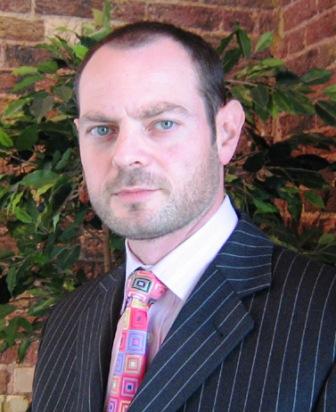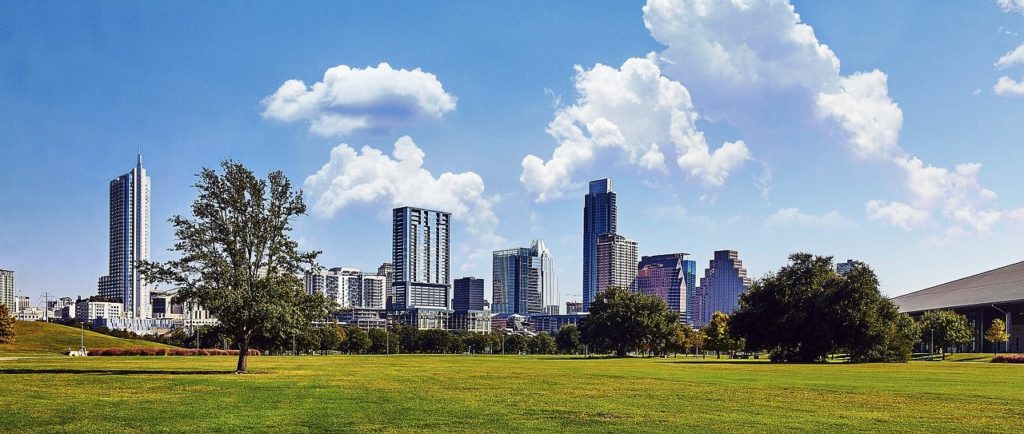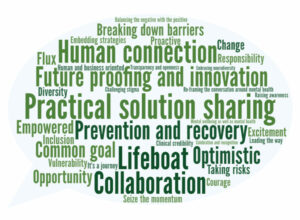By David Emanuel, Managing Director, i-FM
Wellness is rapidly becoming a key value at many organisations. Facilities management should play a central supporting role – it just needs to rise to the challenge
Facilities management is a critical business support discipline, yet it has historically been too often about assisting organisations by delivering services that reduce bottom-line costs. That’s fine in terms of supporting profitability – but it is also a business model that carries the seeds of problems within it.
The race to the bottom that cost-cutting inspires could easily lead to the demise of the FM sector – certainly it has had a severe impact on many service providers, contributing to failure in a few cases, more or less forced sale, and painful ‘transformation’ strategies that can take years to really undo the damage. Least cost was never a sustainable model and it is definitely not one in alignment with today’s values, thinking or expectations.
We live in a time of remarkable change – as new technologies, new commercial realities, new social and economic conditions all combine to shift our views and experiences of work: what it is, how it is done, where and when. An important part of this is a new focus on organisational values, taking in the ideas of responsible business, sustainability for our communities, buildings that work, and health & wellbeing for individuals. These are all factors within the concept of wellness. Wellness is a vital, and broad, idea comprised of seven dimensions: physical, emotional, intellectual, social, spiritual, environmental and occupational.
Ideally, all businesses should be striving to create the best customer experiences: if our customers are delighted, they’ll be loyal and buy again – and that means a healthier financial organisation; a win/win scenario for all. It’s not a difficult concept to grasp. Moreover, business should also have a strong focus on the employee experience, too, and of course employees’ wellbeing.
Businesses have always been about making a profit; but it’s an increasing modern-day phenomenon that this shouldn’t come at the expense of society or the environment. Reputation is critical to success, too. The role of business as a force for good in society is becoming a more prevalent concern for the general public, who can use their purchasing power to send highly effective messages. The buying public is less likely to spend with a company that has a bad reputation – that’s a simple fact. And reputations can be diminished or even ruined overnight these days as social media provides the platform for sharing experiences and opinions like nothing else ever has.
Recent research from the CBI found that the reputation of business in general has improved since a previous survey last autumn. Last year a series of events and scandals in the business community had a chilling effect on business reputation, the CBI said, but 2019 has seen this reputational chill start to thaw, with a notable rise in those thinking business’s reputation is good (up to 60% of the sample).
Facilities management, in contrast to some extent, still has some way to go in terms of its reputation. The industry still usually finds its way into the mainstream press for all the wrong reasons, typically with unions labelling outsourcing as ‘draconian’, creating underpaid and undervalued workers struggling with the contractors’ terms & conditions. Within the industry we all know that is a blinkered view of the situation at best – but the point remains that FM is losing the communication battle in terms of public and general business perception of what it does and how it does it.
Given the rapid pace of change in technology, work, the workplace, corporate thinking, markets – and the ongoing concern about UK workforce productivity – and the political and economic uncertainty largely engendered by the issue of Brexit – it’s hard to know how to think about the future. Keeping all that in mind, though, it does seem clear that what we in FM need for the long-term sustainability of the sector is an improved and transformed message; a new vision of how FM adds value to organisations and a new way to convey that.
This is not a new concept, but it is one that hasn’t managed to build as much traction as required and largely seems to fall on deaf ears when it comes to the C-suite. The reasons for that are complex but can be summarised by the fact that FM has never been considered as much of a ‘trusted advisor’ as other professional sectors. Perhaps that’s down to how we have positioned ourselves and expressed our collective values in the past.
What we need for today’s world is a new, ‘more evolved’ FM model – one that is broader and offers a more holistic understanding of buildings and people, the opportunities and limitations of the former and the needs and aspirations of the latter.
Facilities managers, whether internal or external, are in the business of delivering services that support organisations and their people, which is why facilities services are often referred to as ‘support services’. FM contributes both directly and indirectly to the success of those organisations – though too often this critical point is missed as many (including some within the industry) still view facilities management as simply a collection of operational services that can be delivered on a low-cost model. Inevitably, that approach has effects on an organisation beyond just reducing bottom-line costs. The reality is, the least-cost argument is as inaccurate as the case for the world being flat.
In today’s ‘new world’, FM has both the opportunity and the obligation to play a full role in many of the vital areas that make up the critical values around the idea of wellness and to take a positive lead in some if not all of these areas.
People, organisations and buildings all need to work towards the same aim, an aim expressed in the idea of wellness and the benefits this brings to both people and the organisations they work for. FM can be the discipline known for its reliable and effective support for the new realities of work, pioneering in areas such as service quality, user experience, wellbeing and sustainability, to meet needs and raise the standard of response even further. And in doing so, there is the opportunity to make a widely recognised mark as a truly value-adding business discipline critical to success. That’s an ideal goal for 2020, a year that seems to carry aspiration within its title.
 About the author –
About the author –
David Emanuel is Managing Director of i-FM, the pioneering online resource providing news, information and market insights for the facilities management industry (https://www.i-fm.net/).







